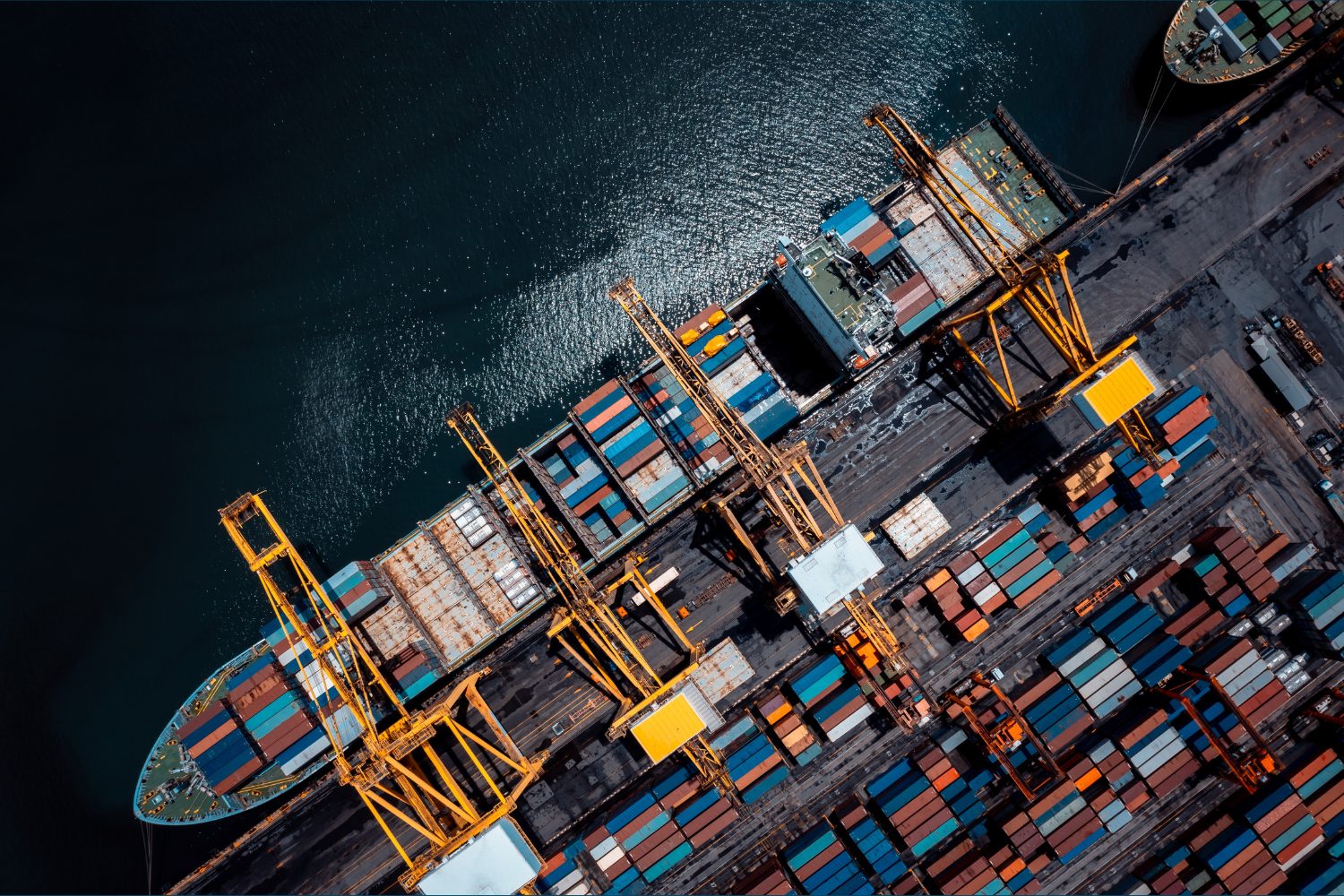Preparing for CBAM Implementation
With the EU’s Carbon Border Adjustment Mechanism (CBAM) moving steadily toward full implementation, many businesses are under growing pressure to understand what it really means for their operations and supply chains.
In our recent RLG webinar, we explored the latest CBAM timelines, compliance requirements, and policy updates, giving organizations practical guidance on how to prepare.
Why CBAM Matters Now
The discussion made it clear that CBAM is no longer a distant concept. Companies still uncertain about their responsibilities will need to act quickly. Once fully in force, the mechanism will place a levy on carbon-intensive imports entering the EU, making carbon reporting and verification a critical business function.
Key responsibilities will fall across the supply chain:
- Importers and declarants must collect emissions data from manufacturers, submit official CBAM reports, and from 2027 purchase and surrender CBAM certificates.
- Non-EU manufacturers are expected to monitor and disclose emissions data to importers.
- Supply chain intermediaries must support the exchange of information and requests across partners.
From Reporting to Financial Impact
At present, CBAM is in a transitional reporting phase. But from January 2026, financial obligations will begin. This shift turns CBAM into more than an administrative task; it becomes a compliance issue with real cost implications.
Companies submitting inaccurate or incomplete reports could face penalties of €10–€50 per tonne of declared emissions. Given that many businesses still lack full visibility into their suppliers’ emissions data, the risk of errors is high.
The clear takeaway from the webinar: the earlier businesses establish robust data practices and communication channels, the better positioned they will be to avoid costly mistakes.
How RLG Supports CBAM Compliance
To help businesses navigate this complex regulatory landscape, RLG has developed a dedicated CBAM Compliance Service. Our approach focuses on reducing risk and giving companies confidence in their data and reporting. Services include:
- Supplier risk mapping – pinpoint suppliers with the highest data and cost exposure.
- Primary data collection tools – templates and systems that make it easier for suppliers to capture and share accurate emissions data.
- End-to-end submission management – we prepare and file CBAM reports on your behalf.
- Training and ongoing support – ensuring your team understands both the regulatory strategy and day-to-day requirements.
To discuss how RLG can support your business with CBAM compliance, get in touch with us today.







